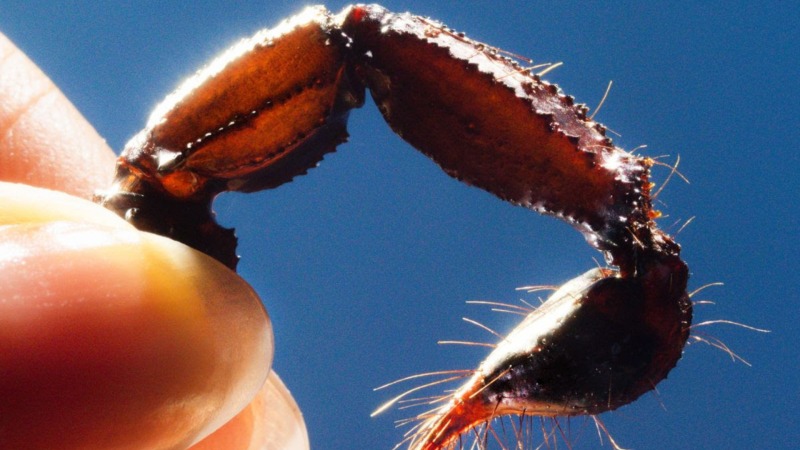Squid Tackle a Universal Evil on Cowards
Cowards is the ideal album that a band in Squid’s position would put out: one that builds on the ideas that defined in their first two albums, but doesn’t stay comfortable in what they know best.

When you’re young and feel trapped in the shrink-wrapped, small-minded town that you grew up in, getting out seems like the most alluring plan of action as soon as you have the means. While fantasizing about the outside, the very real and inevitable flaws of your bucket-list destinations don’t pop out at you the way they would to a native; you’re unable to detect the evil that can lie beneath wherever you try to escape to. For Squid, after spending the early half of their still-mounting career raising Krautrock-infused post-punk hell in retaliation to their hometown of Brighton’s issues and vices, their third album Cowards sees the quartet reflecting on their world tour revelations now that they’ve had the chance to broaden their view. They tackle the horror of looking inward—both infrastructurally and interpersonally—realizing that some original sins are inexorable, no matter how hard you try to outrun them.
Cowards is cunningly meticulous in coming to this revelation, while still seething with the pulsating, folded anger that defined Squid’s earlier albums, 2023’s O Monolith and 2021’s Bright Green Field. It plays with tension and worldbuilding; burning questions regarding morality, depersonalization and the flaws of global culture outside of Britain are slowly exhumed through vocalist Ollie Judge’s impressively restrained volume control as the album creeps forward. He still has his moments of trademark squawks, but the impossible answers to the inquiries that fall out of his mouth as hopeless drawls are more effective in their uncomfortability. “Am I the bad one?” he asks with an almost-naivety on the album’s leading single “Crispy Skin,” before declaring, “Yes, I am.” He admits it again later on “Fieldworks II:” “I’m evil too.” Following Judge’s tendency to find musical inspiration in the pages of sci-fi novels, the song was penned through his reaction to Agustina Bazterrica’s dystopian cannibal novel, Tender is the Flesh. It’s a fitting origin story for the core thesis of Cowards—a project that stems from the sobering fear of realizing the horrors you pride yourself on critiquing are more ingrained in humanity than you’d previously thought.
We follow the band as they venture through places they’ve visited—New York, California, Tokyo, Eastern Europe—and build honest, boots-on-the-ground narratives centering characters they’ve encountered and stories they’ve noticed. Songs like “Blood on the Boulders” play out as scathing gonzo journal entries, as Judge refuses to fall victim to the intoxicating charm of the American Dream, calling out its flimsy drywall homes and lack of regard for wildlife when carrying out excessive disposal methods. As the tinny guitar picks up and Judge’s breath becomes heavier, the song explodes into nauseating calamity; overlapping, mumbling voices chant “We return to the scene” and frenzied violins try to scream their strings off to no avail. The chaos abruptly halts and the song closes out with Judge reciting lines in a hushed whisper again, a sort of somber acceptance that makes Cowards sound less angry on the surface level, but casts it into something deep-rooted and pensive. You can only scream and thrash so much until your voice gets sore, and Cowards is Squid coming to terms with the fact that anger becomes dormant resentment as the world plunges further into unsolvable chaos.
-

-

-

-

-

-

-

-

-

-

-

-

-

-

-

-

-

-

-

-

-

-

-

-

-

-

-

-

-

-

-

-

-

-

-

-

-

-

-

-








































